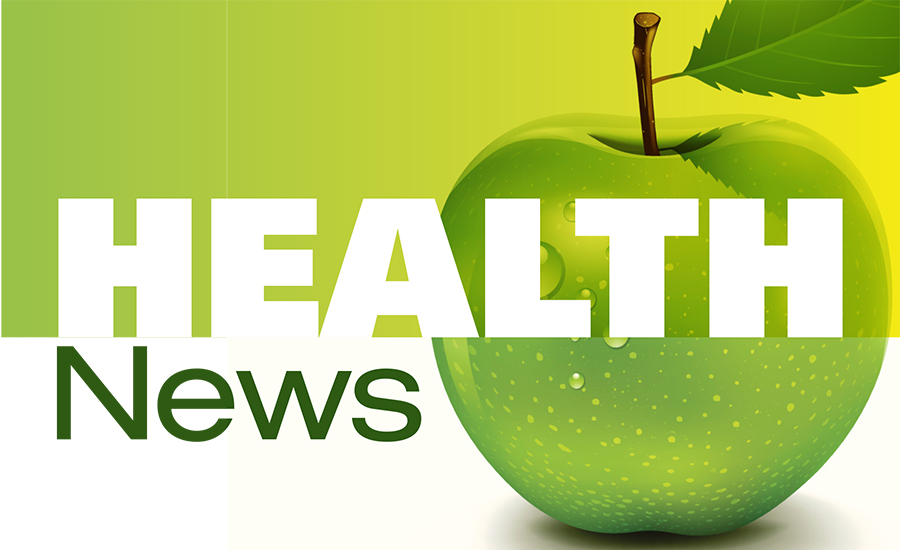People in treatment and post-treatment for cancer now have an online tool that enables them to find information to help them manage ongoing cancer-related symptoms, deal with stress, improve healthy behaviors, communicate better with healthcare teams, and seek support from friends and family.
The Springboard beyond Cancer (https://smokefree.gov/springboard) is a collaboration of the American Cancer Society (ACS) and the National Cancer Institute (NCI). The groups said they designed Springboard beyond Cancer to be an easy-to-use resource that helps cancer survivors address their unique medical, psychosocial, and wellness needs during and after treatment.
As of January 2016, there were more than 15.5 million Americans with a history of cancer -- a number projected to reach more than 20 million by 2026, according to the ACS. Although overall cancer incidence rates are declining in men and stable in women, the number of cancer survivors continues to increase in the United States – not only because of a growing and aging population, but also due to increases in cancer survival resulting from advances in early detection and treatment.
Studies show that up to 90 percent of cancer survivors experience fatigue, and many survivors also struggle with problematic symptoms like sleep issues and stress1. Fifty percent of survivors say they are “extremely interested” in resources that will help them exercise more or eat better2.
“With Springboard Beyond Cancer, we want to empower cancer survivors by giving them the information they need to help identify issues, set goals, and create a plan to more smoothly navigate the cancer journey and take control of their health,” said Corinne Leach, MPH, MS, PhD, a behavioral scientist and strategic director in the Behavioral Research Center at the ACS.
“We hope that Springboard Beyond Cancer, along with the close collaboration of their medical team, can help cancer survivors reduce their disease burden and improve their overall wellbeing,” said Erik Augustson, Ph.D., M.P.H., program director at NCI.
1. National Cancer Institute. Fatigue PDQ (Health Professional Version). 8/28/14. Accessed at www.cancer.gov/about-cancer/treatment/side-effects/fatigue/fatigue-hp-pdq on August 8, 2016.
2. Basen-Engquist, K., Carmack, C., Blalock, J., Baum, G., Rahming, W., & Denmark-Wahnefried, W. (2012, March). Predictors of cancer survivors’ receptivity to lifestyle behavior change interventions. Abstract presented at the 36th Annual ASPO Meeting Washington, DC, March 4–6, 2012.







